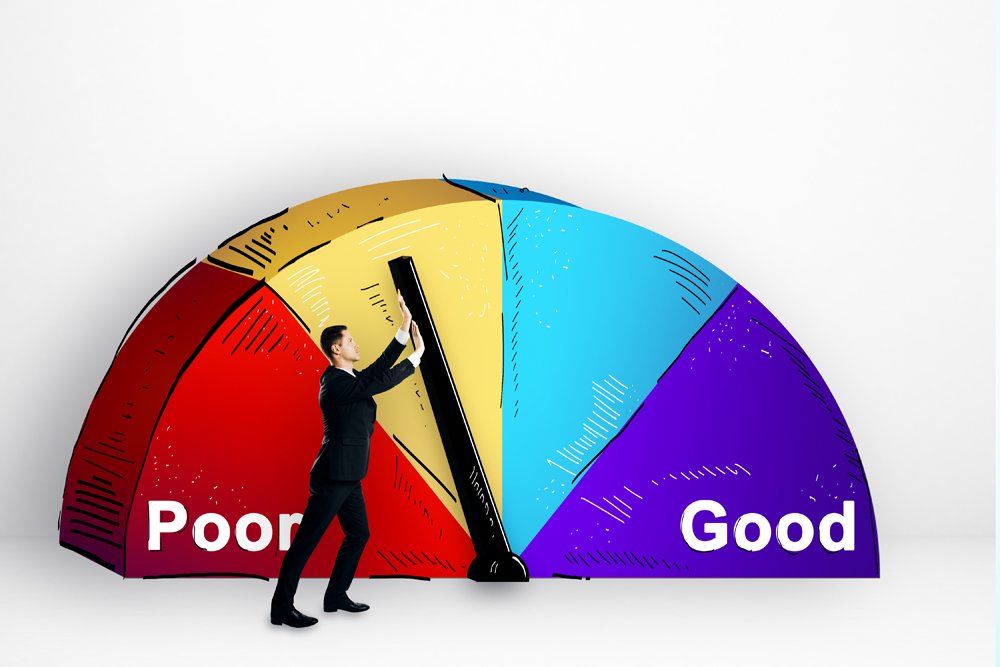How long will a Chapter 7 stay on my credit report?
Often, one of the first questions people have about bankruptcy is how long it will stay on their credit report. It’s an important question; you need to understand all the implications of such a big financial decision.
Chapter 7 bankruptcy stays on your record longer than a Chapter 13
The answer varies depending on what type of bankruptcy you file. When you file Chapter 7, which is a full liquidation of your debt, the bankruptcy stays on your credit report for ten years from the filing date. With Chapter 13, where a portion of the debt is repaid, the time is a bit shorter at seven years.
Whichever of the two chapters you pursue, individual debts that are part of the bankruptcy (e.g., a delinquent car loan or credit card payment) will be removed in seven years from the original delinquency date, assuming its been delinquent ever since. Payments that were never late but included in the bankruptcy will disappear from your record seven years from the date of the bankruptcy filing.
How will bankruptcy affect my credit score?
Your credit score immediately following the chapter 7 filing will depend on the amount of debt discharged and the ratio of negative to positive accounts on your credit report. So the lower your debt and the fewer the accounts included in the bankruptcy, the higher your score will be. Generally, if your score is poor when you file, it will be affected less than if your score is high.
How can I restore my credit after bankruptcy?
Even though Chapter 7 stays on your record for ten years, you don’t have to wait that long to begin restoring your credit. Carefully following these tips post-filing can help you get it back to 700 or above (the “good” zone) in as few as four or five years — about half the time the bankruptcy remains on your credit report.
- Get a credit card to show you can responsibly manage a credit account. Credit cards are one of the best ways to build credit. If you can’t get a typical unsecured card, try a secured credit card where you deposit upfront the money that will serve as the credit line. Secured cards build credibility, just like traditional credit cards.
- Ask someone with good credit to add you as an authorized user on one of their credit cards. Keep in mind that not all lenders report authorized accounts to credit reporting agencies, so if you want it to help improve your credit, check with the lender first.
- Ask someone with a good credit record to cosign on a loan with you. That allows you to demonstrate your ability to timely repay bank loans for items such as cars.
- Add utility and cell phone payments to your credit report. It’s easy to do online through Experian Boost, a tool offered Experian (one of the three credit-monitoring bureaus)
- Keep all your credit card balances under 30% of their credit limit.
- Make all payments on time
Consult with a bankruptcy attorney
Filing for bankruptcy is a big decision. If you’re considering one, consult with a bankruptcy attorney to learn more about the pros and cons, benefits and drawbacks and what may be right for you. At Johns, Flaherty & Collins, we offer free consultations. Simply call 608-784-5678 or email Brian Weber to schedule yours today.

